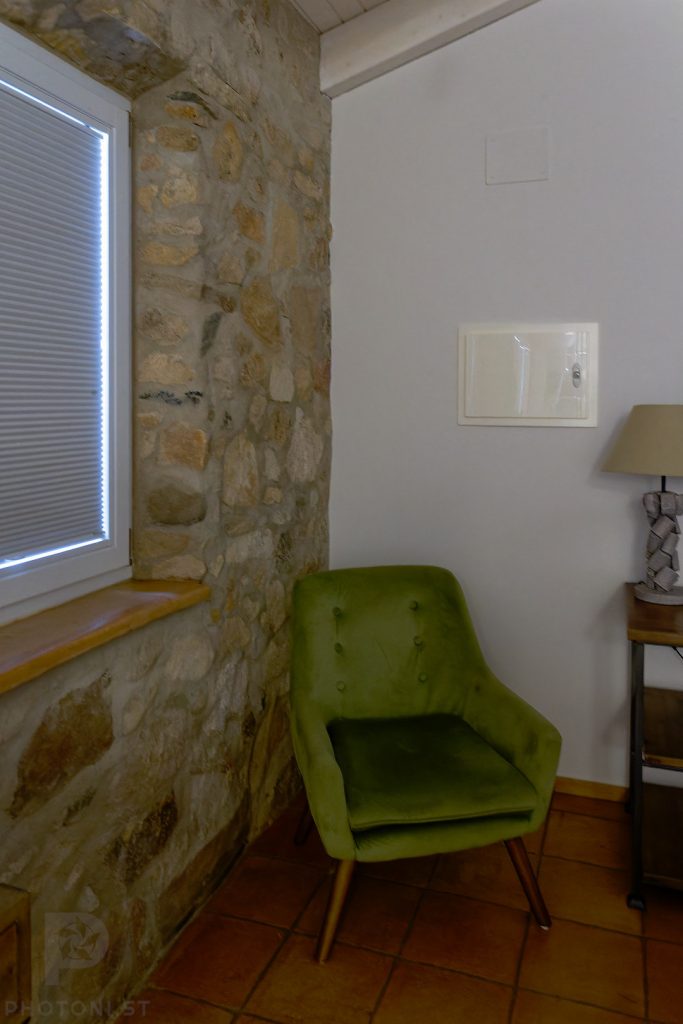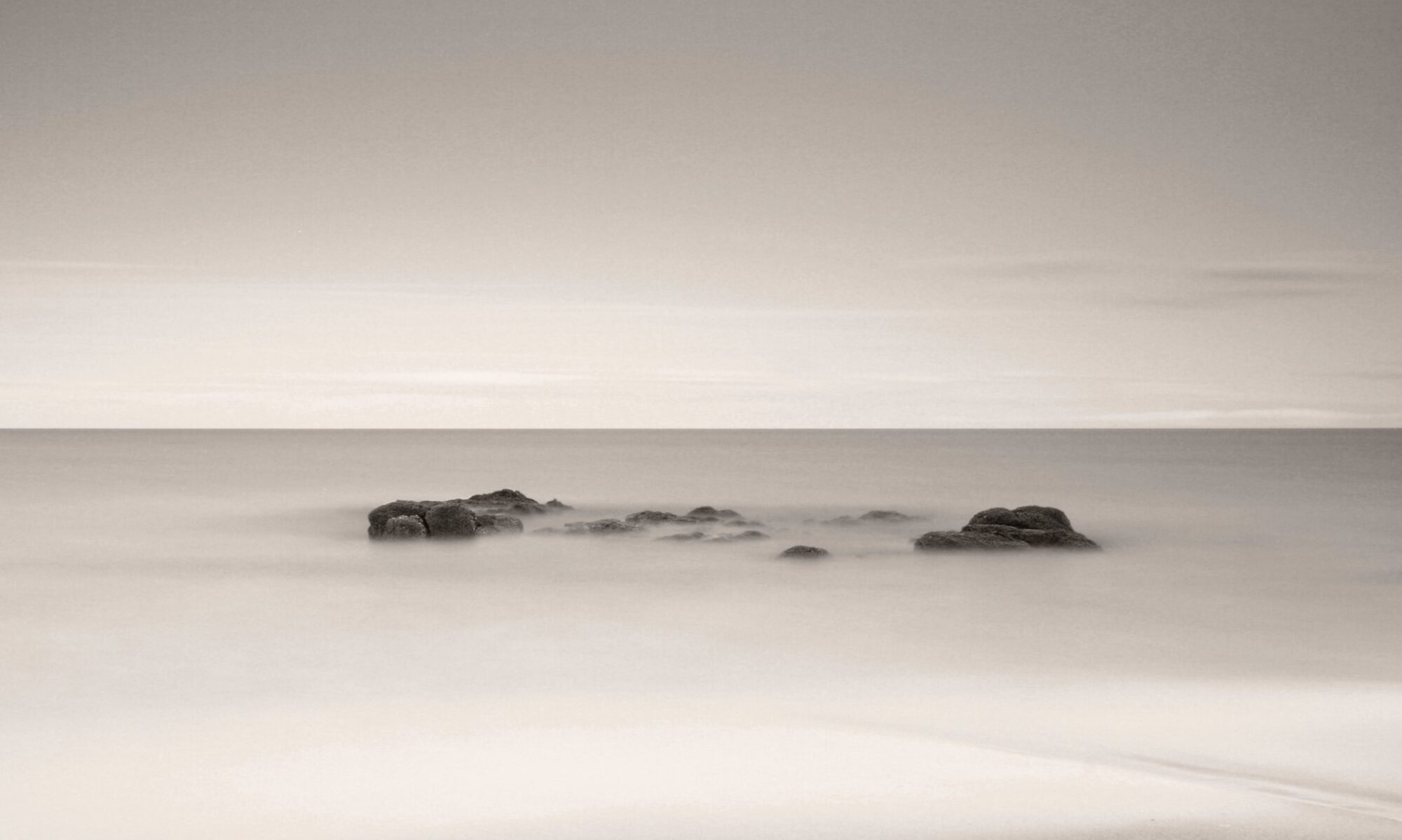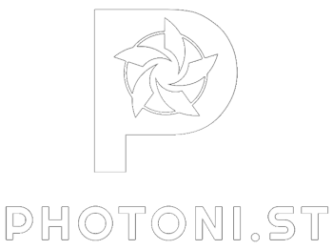It’s easy to fall into the comfortable position of not taking photos, even if you want to. Taking photographs requires switching into the right frame of mind, if you’re into landscapes or street photography it requires you to go out, sometimes travelling, and then there’s processing whether you take digital or film. It’s just easier to watch TV or doom scroll.

Three years ago, my doctor delivered the verdict with clinical efficiency: advanced diabetes, medication required, possibly insulin injections. A progressive disease I’d carry for life. The conversation lasted ten minutes and left me with nothing but a prescription and a prognosis.
This approach baffled me. As both an engineer and someone on the autism spectrum, I need to understand systems from the ground up. Being handed conclusions without context is like showing me film end credits without the story. Useless and maddening.
So I dived into 25 years of medical research, mapping the mechanisms, causes, and intervention points (for the curious, I recorded my journey here). Within weeks, my blood glucose normalised. A few months later, I’d stopped all medication. I reversed my diabetes entirely and now eat normally, though I stick to what I call a human diet, I have no medication, and doctors who run blood tests on me don’t believe I’m officially diabetic.
The most powerful tool I discovered wasn’t any particular dietary protocol or exercise regime. It was habit.
The reversal process was gruelling. I had to exercise when I detested movement, switch to low-carb eating whilst enduring withdrawal headaches, and follow strict rules I’d imposed on myself. The temptation to make exceptions was constant, like every failed diet attempt.
But I’d decided this was a one-shot endeavour. No compromises, no exceptions. To make this sustainable, I weaponised habit formation. I despised walking, so I made post-meal walks non-negotiable. Every meal, regardless of location or weather. Glucose metabolism improved, fat storage decreased. I loathed abandoning croissants and biscuits, so I structured every meal around salads. My wife became a reluctant expert in leafy green variations to combat monotony.
I began craving those walks, feeling unsettled when I couldn’t take them. Light, salad-based meals became genuinely appealing. When work trips forced me into conference catering, I found myself missing my usual eating patterns. Something was wrong with my food (now a condition of travel is that my wife comes with me and we rent a flat where she can cook). The habits had become so entrenched that violating them felt wrong.
Here is finally my point: this experience taught me that creating a habit is the way to deal with activities that aren’t always fun, and that applies to every kind of activity.
I now approach photography the same way I approached diabetes reversal. I’ve made certain practices non-negotiable. Camera maintenance happens every week (mostly battery charging and checking on lenses so that I’m ready to go at a moment’s notice). I process images within 24 hours of shooting, no exceptions. I schedule specific times for different types of photography rather than waiting for inspiration to strike. I force myself to take photos of nothing around the house to learn to see details and the beauty of mundane things. To not be a purely technical photographer, I read about contemporary photographers (many on substack) and the classics to understand what photography art is. I constantly make plans in my head for what I’ll photograph next. I write several photography newsletters on Substack.
In turn, that demolished my scepticism about scheduled photography projects. I’d always dismissed those “photo-a-day” challenges as gimmicky nonsense. Most participants produce mediocre work at best. Why persist with something that wasn’t yielding obvious progress?
I was missing the point entirely. The daily photo isn’t about creating gallery-worthy work every 24 hours. It’s about building the neural pathways that make picking up a camera automatic rather than optional.
The gimmick is just the delivery mechanism for systematic practice. Those “mediocre” photos represent something far more valuable: the formation of creative habits that compound over time. Each mundane image strengthens the reflex to see photographically, to carry gear, to process files regularly.
Habits eliminate the friction between intention and action. They bypass the daily negotiation about whether you feel like picking up the camera today. The decision was made when you established the habit. Now you simply execute.
This isn’t about passion or inspiration, though both may emerge. It’s about recognising that consistent mediocre effort beats sporadic excellence every time. The photographer who shoots three decent images weekly will outpace the one who creates one brilliant image monthly.
Your future self will thank you for the discipline your current self finds tedious. The habit of photographing regularly becomes the foundation for everything else: technical improvement, creative development, and eventually, work worth sharing.
Force the habit. Everything else follows.
#Photography #Theory #Opinion #IMayBeWrong

